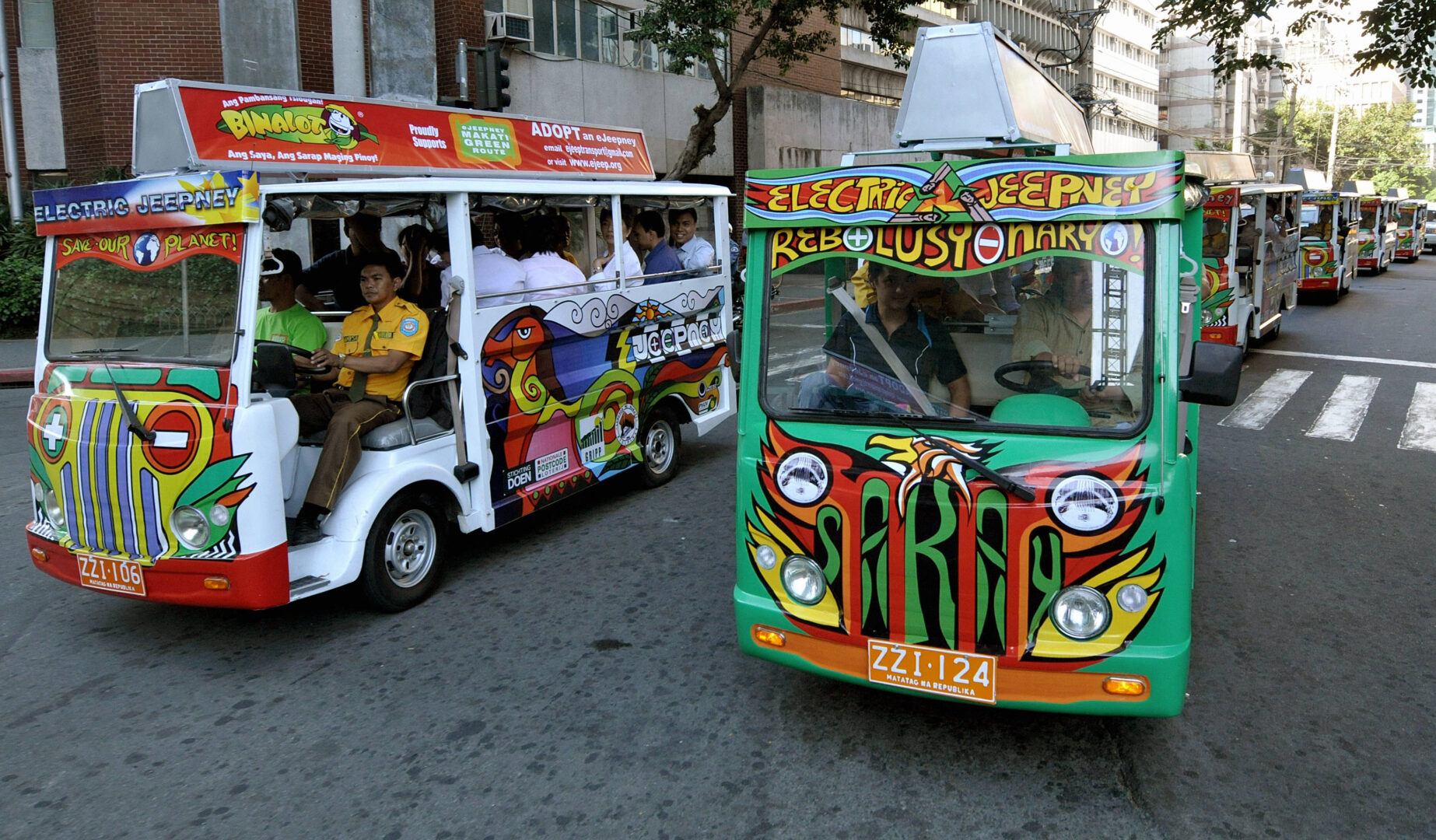With Metro Manila and the rest of the country experiencing an increase in frequency and intensity of adverse climate events, the government is pushing its partnership with the private sector to cut down on carbon monoxide emissions.
The scale of the need for green initiatives is so overwhelming and urgent it cannot be delivered without the support of the private sector.
The Department of Trade and Industry has partnered with the United Nations Industrial Development Organization in establishing electric vehicles and charging infrastructure in five major cities in the country starting this year to 2027.
“With the enactment of the Electric Vehicle Industry Development Act into law, the government is hopeful that it will stimulate the expansion of the e-vehicle industry in the country, including local manufacturing of e-vehicles and components, production of e-vehicle batteries and establishment of charging stations, and usage of e-vehicles across the country,” Trade Undersecretary Rafaelita Aldaba said.
The collaboration is in the light of the recent passage of the EVIDA, which paves the way for further government support for developing this strategic investment priority sector.
Speaking at the SGV tax symposium in Makati City, Aldaba pointed out that the move to construct charging stations is part of the $3.8-million DTI-UNIDO E-mobility Project.
The cities identified as pilot places for the project include Baguio City, Davao City, General Santos, Clark Freeport and Subic Freeport.
Aldaba said the city’s chief executives have already nodded to the proposal to be their critical partners in implementing the project.
For the part of UNIDO, Aldaba said they are geared to provide technical assistance to national and local government units to create the necessary e-vehicle policy environment and ecosystem.
According to Aldaba, the law mandates the DTI to conceptualize Electric Vehicle Incentive Strategy, a similar program to the Comprehensive Automotive Resurgence Strategy Program.
Earlier, the Trade Department underlined that the Philippine market is growing and will grow even bigger as the adaptation of EVs is expected to accelerate with the passage of Republic Act 11697 or EVIDA last May 2022.
The law provides a national policy framework to develop the electric vehicle industry in the Philippines, particularly for the shift to EVs, attracting investments, and creating high-value jobs.
“We’re serious about building the EV industry in the country. We’re lagging, and we lag in terms of the internal combustion engine, but this time around, we want this right,” according to Aldaba.
In April, the DTI, Department of Environment and Natural Resources, and the Department of Science and Technology partnered with SM Supermalls to establish charging stations in all its malls, investing more than P2 million for each charging station.
This complements the Philippine government’s dream for the EV to be highly promoted, encouraged, and supported by its government and society to develop a transportation landscape that is one with the environment, ecologically and economically.
The Department of Transportation has even implemented a Public Utility Vehicle Modernization Program, a large-scale transportation initiative that calls for the phase-out of jeepneys at least 15 years old and their replacement with environmentally friendly alternatives.
There are close to 180,000 jeepneys operating throughout the country that need to be modernized, and the EV industry is targeting to fill in 10 percent of this potential demand.
The PUV Modernization Program was launched in 2017 and is currently in the transition phase until June 2020.
The latest data show that only 18,000 jeepneys have been modernized, and the government said they would continue implementing the program beyond the transition phase.
Tax perks
EVIDA’s tax perks are luring companies that want to be engaged in selling EVs.
Under EVIDA, imported EVs will be entitled to tax incentives under another law, the Tax Reform for Acceleration and Inclusion, which updates and upgrades the current tax system to be more responsive to the financial and economic realities of a quickly digitizing economy.
